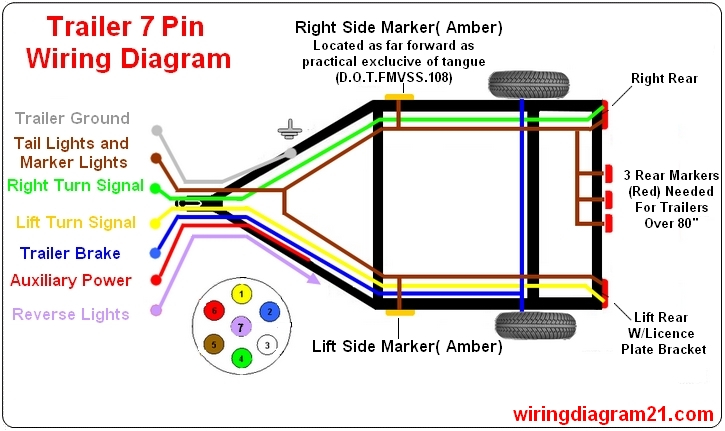Taming the Beast: Decoding Electric RV Trailer Brakes
Ever feel like your RV is a runaway bride when you hit the brakes? Honey, let’s talk electric trailer brakes. These aren’t just some fancy add-on, they’re your lifeline, the unsung heroes of safe towing. Imagine hauling a tiny house on wheels without them – yikes! This isn't just about stopping power, it's about control, stability, and preventing your precious cargo from becoming a metal meteor. So, buckle up, buttercup, because we're about to dissect the magic behind these essential safety devices.
Electric RV trailer brakes operate on a simple yet brilliant principle: synchronized stopping. When you apply your tow vehicle's brakes, a signal is sent to a controller, which then activates the brakes on your trailer. This orchestrated dance ensures that your trailer brakes engage in harmony with your vehicle’s brakes, preventing dangerous sway and jackknifing. No more white-knuckle driving – just smooth, controlled deceleration.
Back in the day, trailer brakes were mostly hydraulically activated. But as RVs grew in size and complexity, so did the demand for a more sophisticated braking system. Electric brakes emerged as the solution, offering superior control and responsiveness. Their importance cannot be overstated. They are crucial for maintaining stability, especially during emergency stops, downhill descents, and adverse weather conditions. Without them, the momentum of a heavy trailer can easily overwhelm a tow vehicle, leading to disastrous consequences.
Electric trailer brake systems generally consist of several key components: the brake controller (installed in the tow vehicle), the wiring harness (connecting the controller to the trailer), and the electric brakes within each trailer wheel. The controller, the brains of the operation, determines how much braking force is applied to the trailer brakes based on the pressure you apply to the tow vehicle's brake pedal. The wiring harness is the messenger, transmitting the signal from the controller to the trailer brakes. And the brakes themselves? They're the muscle, bringing the whole shebang to a controlled stop.
One common issue with electric RV trailer brakes is improper adjustment. Over time, brake shoes can wear down, requiring adjustment to maintain optimal performance. Neglecting this crucial maintenance step can lead to reduced braking effectiveness and even overheating. Another potential problem is corrosion in the wiring harness, especially in areas exposed to road salt and moisture. Regular inspection and cleaning of the connectors can help prevent this issue.
Electric RV trailer brakes offer numerous benefits. First, they provide superior control compared to surge brakes, allowing for smoother and more predictable stops. Second, they are easier to maintain than hydraulic systems, eliminating the need for brake fluid changes and bleeding. Finally, they integrate seamlessly with modern tow vehicles, offering features like proportional braking and manual override control.
For troubleshooting, start with the basics: check the connections between the controller and the wiring harness. Ensure the brake magnets are functioning correctly and the brake shoes are properly adjusted. If problems persist, consult a qualified RV technician.
Advantages and Disadvantages of Electric RV Trailer Brakes
| Advantages | Disadvantages |
|---|---|
| Superior control and stability | More complex installation than surge brakes |
| Easier maintenance than hydraulic brakes | Can be affected by electrical issues |
| Compatibility with modern tow vehicles and advanced features | Higher initial cost than surge brakes |
Frequently Asked Questions
Q: How often should I have my electric trailer brakes inspected? A: Annually or more frequently if you tow frequently or in harsh conditions.
Q: How do I know if my electric trailer brakes need adjusting? A: If your trailer feels like it's pushing or pulling the tow vehicle during braking, it's likely time for an adjustment.
Q: Can I install electric trailer brakes myself? A: While possible, it's recommended to have a qualified technician perform the installation to ensure proper wiring and functionality.
Q: What is a brake controller gain? A: Gain controls the sensitivity of the trailer brakes. Higher gain means stronger braking.
Q: What should I do if my trailer brakes lock up? A: Reduce the gain on the brake controller.
Q: How do I test my electric trailer brakes? A: Activate the manual override on the brake controller while driving slowly in a safe area.
Q: Can I tow a trailer without electric brakes? A: It depends on the weight of the trailer and local regulations. However, it's generally not recommended, especially for heavier trailers.
Q: What type of maintenance do electric trailer brakes require? A: Regular inspection of the wiring, magnets, and brake shoes, along with periodic adjustments.
In conclusion, electric RV trailer brakes are essential safety components for any towing setup. Understanding how these systems work, performing regular maintenance, and addressing potential issues promptly will contribute to a safer and more enjoyable towing experience. Don’t just hitch it and hope for the best. Take control of your towing destiny by mastering the art of electric trailer brakes – your peace of mind (and your RV's integrity) will thank you.
Navigating the world of vape and smoke shops
Farrow and ball color consulting a guide to transforming your space
Strike a deal navigating 15 lb bowling balls on ebay auctions














